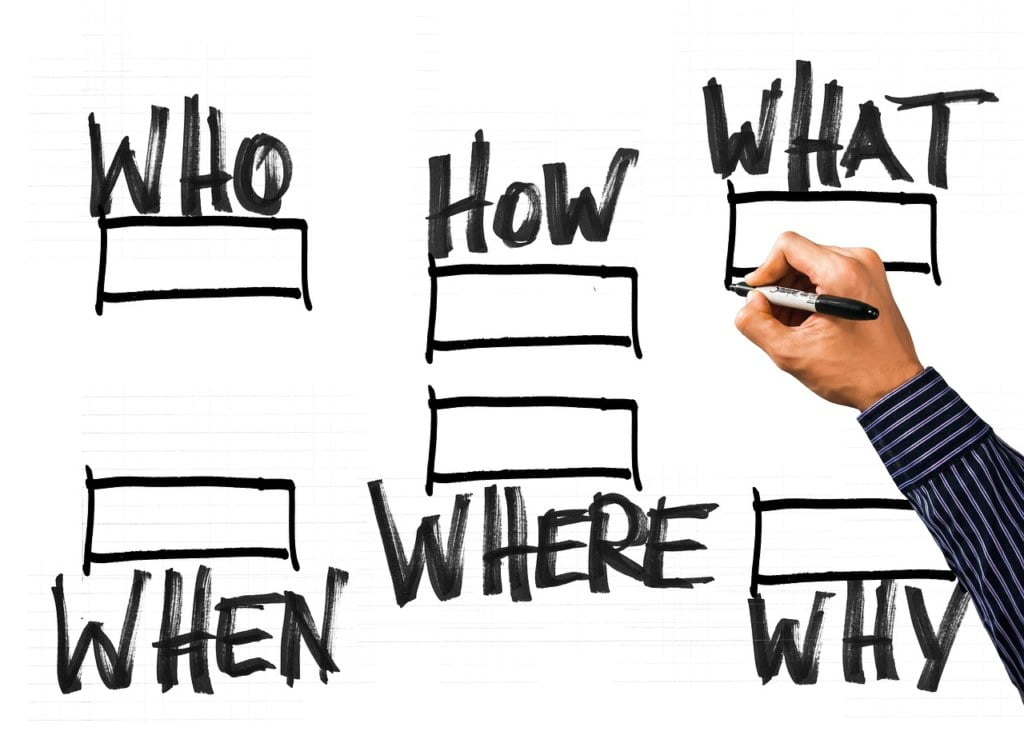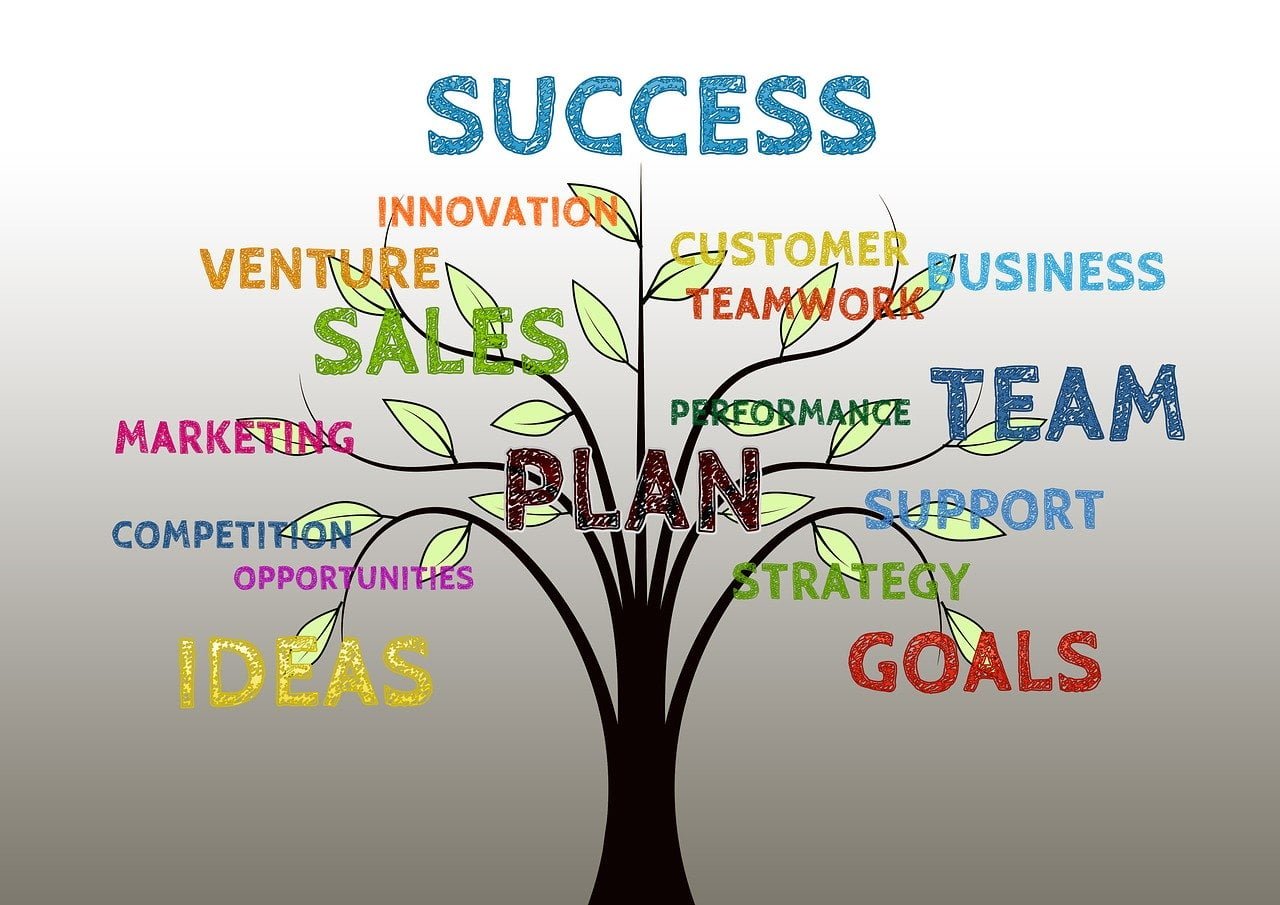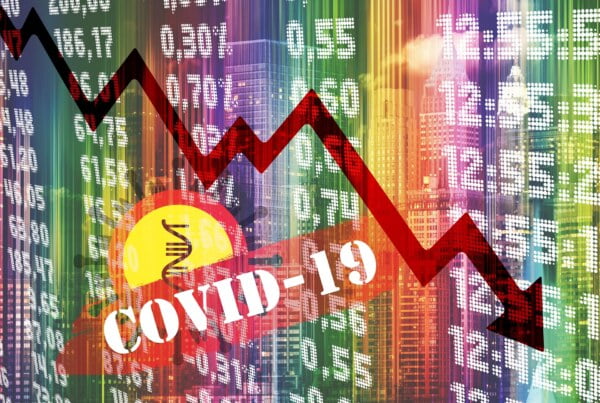We are living in very non-normal and unprecedented times given the Covid-19 pandemic that is currently impacting individuals and businesses in every country across the globe. The pressure on entrepreneurs has substantially increased as they not only have to worry about their families well-being but also that of their employees and other stakeholders that make up their supply chains.
One of the descriptions used when talking about an entrepreneur is someone who jumps out of an airplane with nothing but material and thread and the resolve to make a parachute on the way down. Most entrepreneurs do not have a playbook and hence have to figure out a plan on the run to ensure survival. I do not wish to downplay this entrepreneurial spirit and survival instinct. I want to highlight that there is a new normal and if SMME’s are to survive, then entrepreneurs need to have a mindset shift on how they approach the current challenges.
Considerations for a fundamental shift in thinking
Below is a list of some areas and considerations (in no particular order) that an entrepreneur can consider when thinking about the future of his/her business:
- Show empathy and understanding towards all those around you (employees, creditors, debtors, other internal and external stakeholders)
- Understand what survival looks like
- How do you galvanise employees towards a common purpose?
- Redefine your strategy and develop common objectives
- Think about how you are going achieve the strategy
- You have to think, plan and execute differently. Go outside of your comfort zone:
- Know the detail
- Have detailed plans in place (don’t wing it)

- Now more than ever you need to understand the needs of your existing customers
- Understand who your new customers could be and in which market niche they currently reside-then come up with strategies on how to win them over
- Understand the different avenues that you can obtain support from (example: government funds, financial institutions, corporate support programs, enterprise and supplier development programs, etc.)
- Consider new ways of doing business. How does technology and going digital help you reduce expenses (example: Reduce office space) and generate revenue?
- Understand what your formal and informal support structure is and actively use it. If you have a gap in the support, you need to look at ways to plug the gap
- As you work through this, give thought to how you ensure you do not get caught out in future. In other words, how do you build a resilient and agile business and supply chain?
The above works on the assumption that you will be providing the same product or service as you did before Covid-19.
However, I will challenge your thinking on what you could potentially do to repurpose your resources (money, skills, employee’s, equipment, etc.) to produce other products or services. These could be via your existing customer base or via attracting new customers.
Conclusion
My only intent (which I hope I achieved via this article) is:
- To stress the importance of you, the SMME owner, going through a mindset shift
- To highlight some of the elements you can think about which will help you navigate these uncertain times
Remember that your success to date has been due to your stubbornness and refusal to give in-and stubbornness used wisely, is tenacity. I wish you the absolute best in the journey you are about to embark on.
Author
Dr Kenneth Moodley is an experienced supply chain and business professional with over 25 years’ experience. He has a demonstrated history of working with both big corporates (example: Unilever & The South African Breweries) and SMME’s (Productivity SA) in various industry sectors as a senior Supply Chain Specialist, Leader and Business Coach.
Let’s Take Your Business Further. Ask me how.





very interesting article indeed. i have few questions in relation to the article which are as follows
Firstly: Do entrepreneurs in the SMMEs space incorporate supply chain strategy as part of their overall corporate strategy.
secondly: are most entrepreneurs in the SMME space driving a more customer centric /demand driven supply chain networks or the term supply chain to them is about cost reduction
lastly: which sector of the SMMEs have created more resiliency and agility in their supply chain networks
Thank you, Sandile for the feedback and questions. I will attempt to give an opinion based on my experience. Certainly, the SMME space is too broad to be covered in a few lines.
Firstly: Do entrepreneurs in the SMMEs space incorporate supply chain strategy as part of their overall corporate strategy.
FEEDBACK:
I do believe that SMME’s do consider a supply chain strategy to a certain degree. What I have found is that most entrepreneurs tend to be heavily involved in the day to day operations. Focusing on their SC strategy tends to not get the attention it deserves. In fact the overall business strategy is also at times missing.
secondly: are most entrepreneurs in the SMME space driving a more customer centric /demand driven supply chain networks or the term supply chain to them is about cost reduction
FEEDBACK:
In my view they focus on the customer because they focus on sales. This is natural given sales translates in income which pays the bills. What they should be doing is taking a dual approach to also focus on reducing costs and waste. The opportunity for SMME’s is that they develop a business and supply chain strategy which talks to all relevant KPI’s (Key Performance Indicators), inclusive of customer service, pricing, cost reduction, etc.
lastly: which sector of the SMMEs have created more resiliency and agility in their supply chain networks
FEEDBACK:
Without formal research I am not in a position to do justice to this question. However, what I can say is that building Supply chain resilience and agility is largely dependent on the mindset of the individual and the type of support their particular industry sector gets from big business and the public sector.
All feedback and questions will always be welcomed. Do continue to read other articles, engage and request any other topics you would like to see discussed. If you require a One on One discussion to discussion specifics do reach out.
Regards
Kenneth